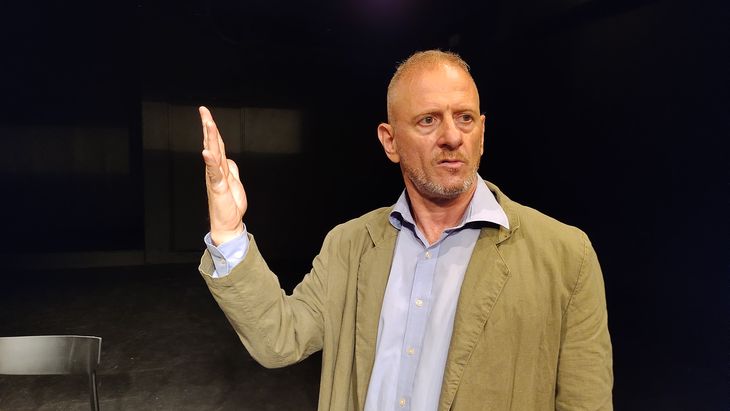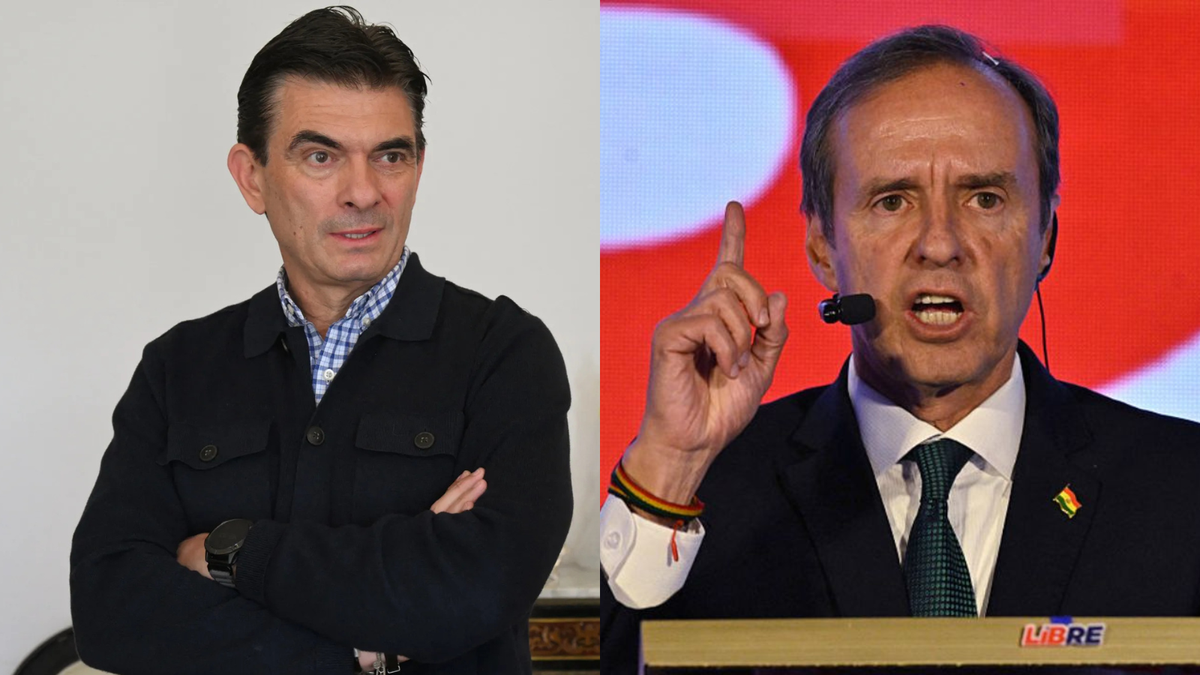“Independent theater will continue to live, being less independent and more dependent on the passion of those of us who practice it,” says Enrique Federman, actor, author and director who under the supervision of dramaturgy Mauricio Kartun “Tácito imperfecto” premieres on Friday, March 2 at 10:30 p.m. at Beckett Teatro.
A failure that makes you laugh, a paradox and a different look at that old clown profession with which he stood out in his beginnings combined here with the scenic absurdity that is already a hallmark of his creations. It is a conference about time, which weaves stories and apocryphal quotes, animated by pure “clownity.” We spoke with Federman.
Journalist: What was the kick to start writing?
Enrique Federman: I began to write, leaving aside for a time the taste and craft of theater and dedicated myself to trying other forms out of pure pleasure; I produced stories, poems and in particular something that had to do with the essay format, apocryphal in this case. Once everyone was gathered, I sent them to Mauricio Kartun, with whom I have been friends for a long time and with whom we had shared other projects such as “Perras” and “Don’t leave me like this.”
Q: What attracted you to the conference setup?
EF: The conference takes place in a neighborhood women’s hair salon, which, a priori, is not the most suitable space, but rather “the one that can be found.”
Q.: It places it in a paradoxical environment and it addresses time, what questions does the work ask and what topics does it address?
EF: The proposition that is repeated has to do with time, as a theme, but what stands out is the paradox of everything, how through this contradiction the captiousness is filtered, which, in addition, is crossed by what I call “clownity”, those things that he practiced in his younger days but producing a rereading and generating nonsense that has the format of a serious thing and, in the meantime, the contradiction arises as to whether what the speaker reflects is not important. Another paradox.
Q: How does the clownesque play in all this? It gives the impression that he sought depth in an art like clowning that is mistakenly associated with the gag, with clowning, with the mere art of making people laugh, with that cathartic reflection that may not lead to reflection.
EF: According to Kartun, when all this immediacy of the visual and screens stops saturating, theater and clowning will continue to be alive as a place of meeting, reflection, poetry and fun.
Q.: What is it like to stage a play today from the production aspect and in this uncertain context? What do you think will happen to independent theater?
EF: Producing today is very difficult since the parameters of yesteryear do not exist to reference, it is about putting the message in the bottle and hoping that what is inside becomes a genie and fulfills one’s wishes. Theater will continue to be dependent on, rather than “in” the passion of those of us who practice it.
Imperfect Tacitus 6.jpg
Source: Ambito
I am an author and journalist who has worked in the entertainment industry for over a decade. I currently work as a news editor at a major news website, and my focus is on covering the latest trends in entertainment. I also write occasional pieces for other outlets, and have authored two books about the entertainment industry.




